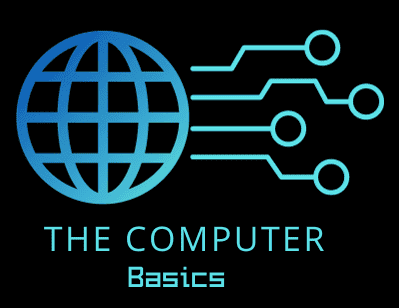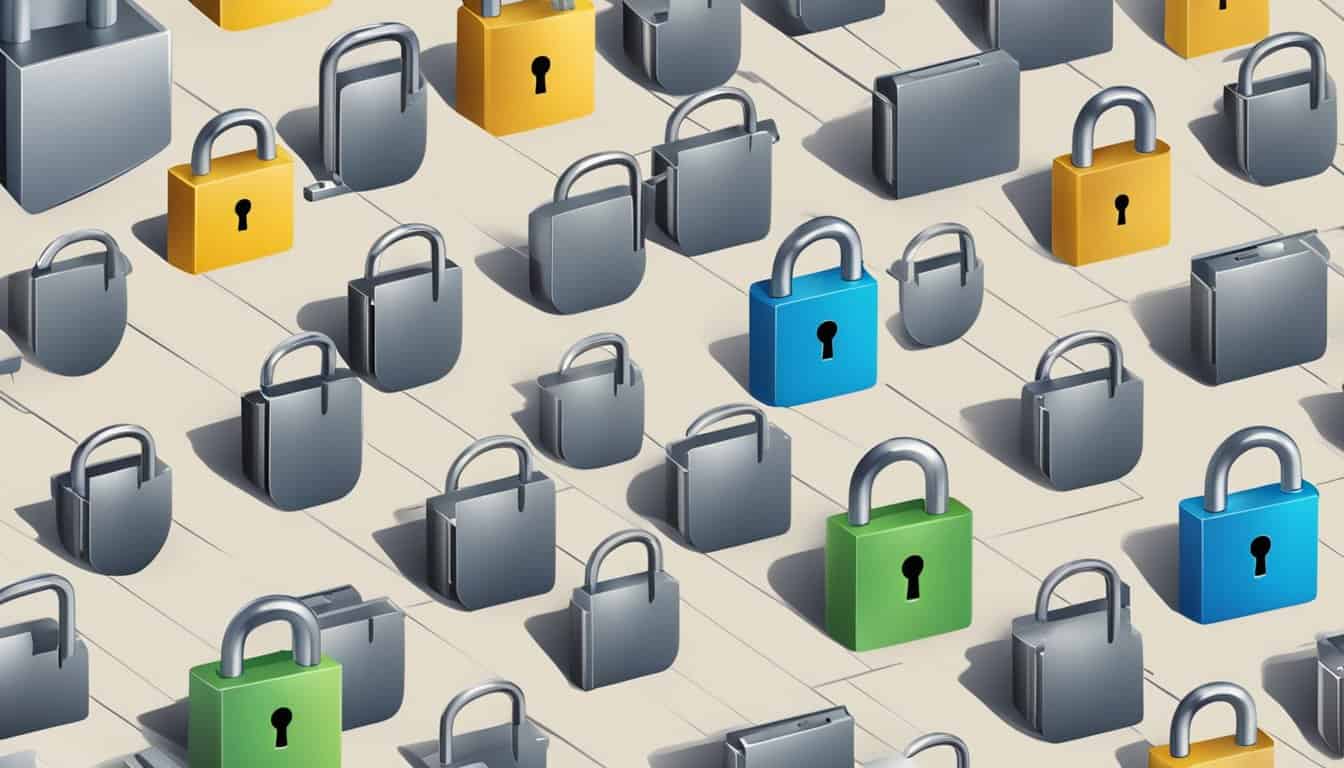In today’s interconnected digital landscape, your personal information is more vulnerable than ever.
Cyber threats are constantly evolving. Each click, share, and download can increase the risk of your sensitive data—like social security numbers, addresses, and phone numbers—falling into the wrong hands.
It’s crucial to be proactive and prioritize your privacy and security when navigating the online world.
Understanding how to protect your personal information on the internet isn’t just smart—it’s essential.
With a bit of knowledge and the right habits, you can make it incredibly difficult for cybercriminals to make you their next target.
It’s all about knowing which steps to take to create a strong defense against potential threats.
Whether it’s secure passwords, privacy settings, or being mindful of sharing too much on social media, there are numerous strategies at your disposal to keep your digital identity secure.
Given the complex nature of online privacy, it’s important to arm yourself with a concrete action plan.
This guide aims to empower you with effective tools and tips that will harden your defenses and help you maintain control over your online presence.
By staying informed and implementing these practices, you can surf the web with confidence, knowing that you’ve taken charge of safeguarding your personal information.
Understanding the Basics of Online Privacy
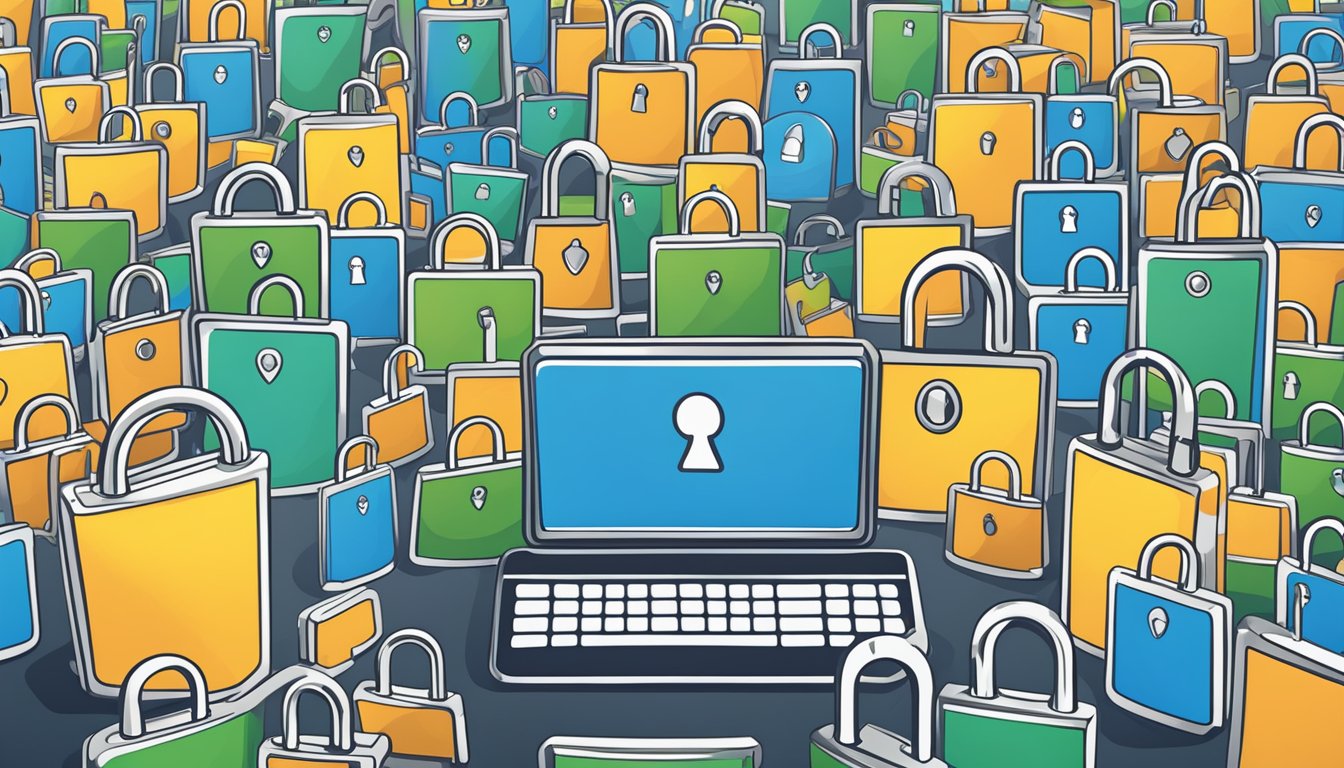
In the digital age, understanding online privacy is as crucial as locking your front door. Here’s how to keep your personal information safe from prying eyes.
Why Internet Privacy Matters
Your online privacy matters because it’s about protecting your digital identity.
Think of it as a safety net that keeps your private life from becoming public.
When you’re online, pieces of your identity, like your shopping habits or browsing history, can be collected, and you’d want that data to remain confidential, right?
Common Types of Personal Information Exposed
Personal information that’s often at risk includes:
- Social Security numbers: A gateway to your identity, used in tax and employment documents.
- Addresses and phone numbers: Can lead to unwanted contact or even home intrusion.
- Financial information: Bank details or credit card numbers drive financial fraud.
When you share this data online, it can fall into the wrong hands, leading to identity theft or financial loss.
Risks of Sharing Personal Data Online
Sharing personal data online can attract hackers and phishing attacks, where they trick you into giving up your details.
Social engineering tactics are also common, as they exploit your trust.
Being mindful of what you share can help you stay one step ahead of these risks and keep your online privacy intact.
Keeping an eye out for odd emails and too-good-to-be-true offers is a smart move, as these are often signs of a trap set by cybercriminals.
Strengthening Your First Line of Defense
Your personal information is precious, and the first step to protecting it online starts with beefing up your defense right at the entry point – your passwords and authentication methods.
Creating Strong Passwords
Strong passwords are your first line of defense in protecting your personal information.
To ensure your passwords are rock-solid, follow these guidelines:
- Length and Complexity: Aim for at least 12 characters, mixing uppercase and lowercase letters, numbers, and symbols.
- Variety: Don’t reuse passwords across multiple sites. If one site is compromised, all your accounts could be at risk.
- Password Managers: Use a password manager to help generate and store complex passwords. This takes the hassle out of remembering multiple passwords and keeps them secure.
The Role of Two-Factor Authentication
Two-factor authentication (2FA) adds an extra layer of security by requiring two forms of identification before granting access to your accounts:
- Something you know: like a password or PIN.
- Something you have: like a smartphone with a one-time code.
Enabling 2FA wherever possible significantly decreases the chance of unauthorized access, even if your password is stolen.
Safekeeping Your Social Security Number and Birthdays
Your social security number and birthday are keys to your identity – guard them zealously:
- Share with Care: Only provide your social security number when absolutely necessary, such as for employment or tax forms.
- Privacy Settings: Adjust your privacy settings on social media to prevent sharing your birthday and other personal details with the public.
- Security Questions: Choose security questions for which the answers aren’t easily guessable or found on your social media profile. Better yet, treat the answers like additional passwords – unguessable and unique.
Safeguarding Against Cyber Threats
Your personal information is like a key to your identity, and keeping it secure against cyber threats is more critical than ever. Here, we’ll walk through decisive actions you can take to protect yourself from phishing scams, and malware, and ensure your antivirus tools are pulling their weight.
Recognizing and Avoiding Phishing Scams
Phishing scams are all about deception, where scammers pose as trustworthy sources to steal your info.
Always verify emails and messages before clicking links or downloading attachments.
Remember, no reputable company will ask for sensitive details via email.
Stay alert for urgent or threatening language, a common red flag of phishing.
- Look Out For: Misspelled URLs, non-secure websites (no HTTPS), and unsolicited requests for information.
- Take Action: Use two-factor authentication wherever possible to add an extra layer of security.
Protecting Devices from Malware and Viruses
Malware and viruses can turn your digital life upside down. They can slip in through shady downloads, infected attachments, or compromised websites.
Ensure your device’s software is up to date, as updates often include patches for security vulnerabilities.
- Regular Checks: Schedule regular scans with your security software.
- Safe Habits: Only download from trusted sources, and be wary of too-good-to-be-true offers.
Using Antivirus and Security Software Wisely
Antivirus and security software are your digital guards, but only if used correctly.
Keep them updated to combat the latest cyber threats.
Opt for software that offers real-time protection and regular updates, such as options from Norton™.
- Settings Matter: Tailor your antivirus settings for automatic updates and regular scans.
- Stay Informed: Keep up with tech news to learn about emerging threats and recommended security software actions to stay a step ahead of cybercriminals.
Controlling Your Online Footprint
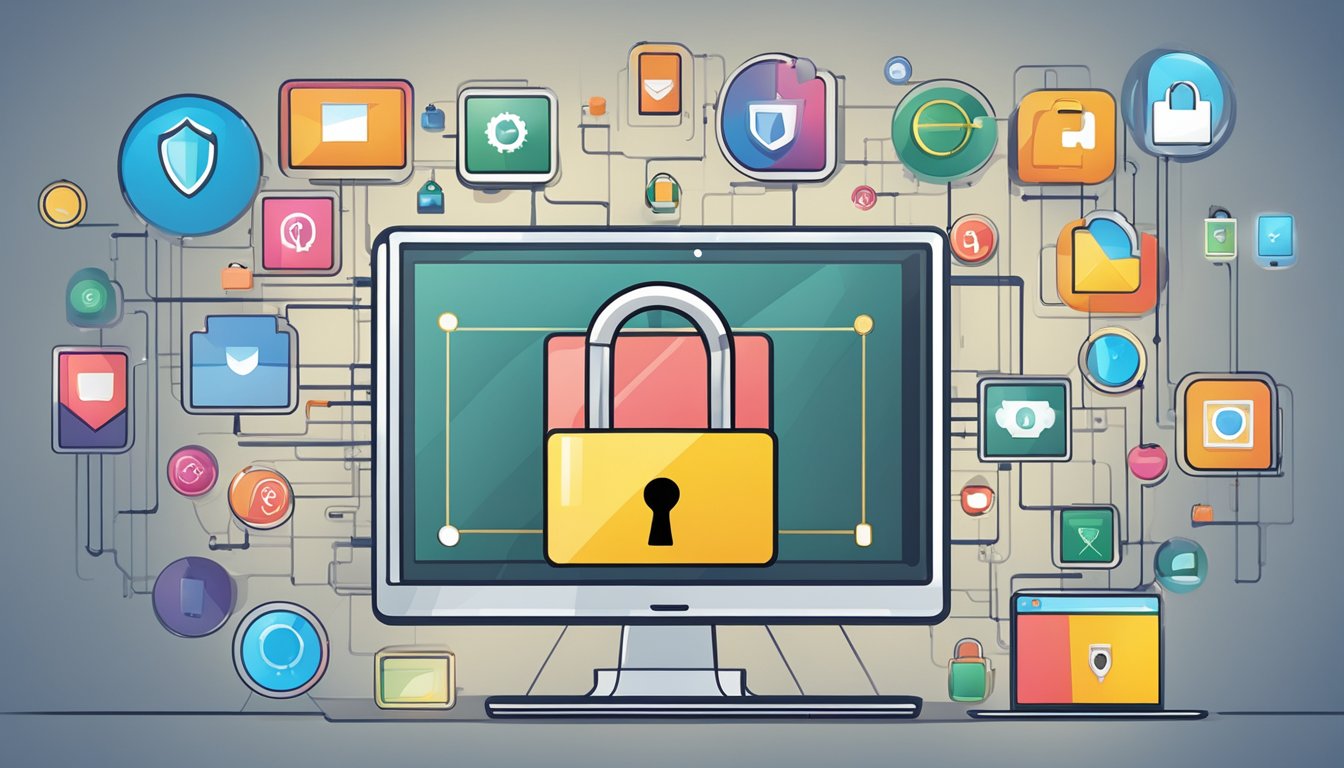
Taking control of your online footprint is crucial to protect your personal information. It’s about knowing where your data is and how it’s being used. Let’s dive into how you can safeguard your details on the internet.
Managing Privacy Settings on Social Media
Social media platforms are gateways to your personal life. It’s important to navigate to the privacy settings of each social media account and review them carefully.
Limit who can see your posts and personal details, such as your birthday or location. Here’s how to stay on top:
- Facebook: Use the Privacy Checkup tool to review who sees what.
- Twitter: Make tweets private by enabling “Protect your Tweets” in the privacy settings.
For more nuanced control, consider using privacy-focused browser extensions that can help manage these settings across various platforms.
Understanding and Managing Cookies and Tracking
Cookies and trackers collect data about your online behavior, influencing what ads and content you see. To take charge:
- Review cookie permissions in your browser’s privacy settings.
- Clear cookies regularly to reset the data collected.
- Consider using ad blockers to prevent ad servers from tracking you across sites.
The Importance of VPNs for Secure Browsing
A VPN encrypts your internet connection, helping you browse the web anonymously.
Your IP address gets hidden, effectively shielding your online activities from prying eyes. Use a VPN to:
- Protect data on public Wi-Fi.
- Access geo-restricted content.
- Block unwanted tracking.
Look for trustworthy VPN providers and consider if added features, like an integrated ad blocker, might further enhance your online privacy.
Advanced Strategies for Online Protection
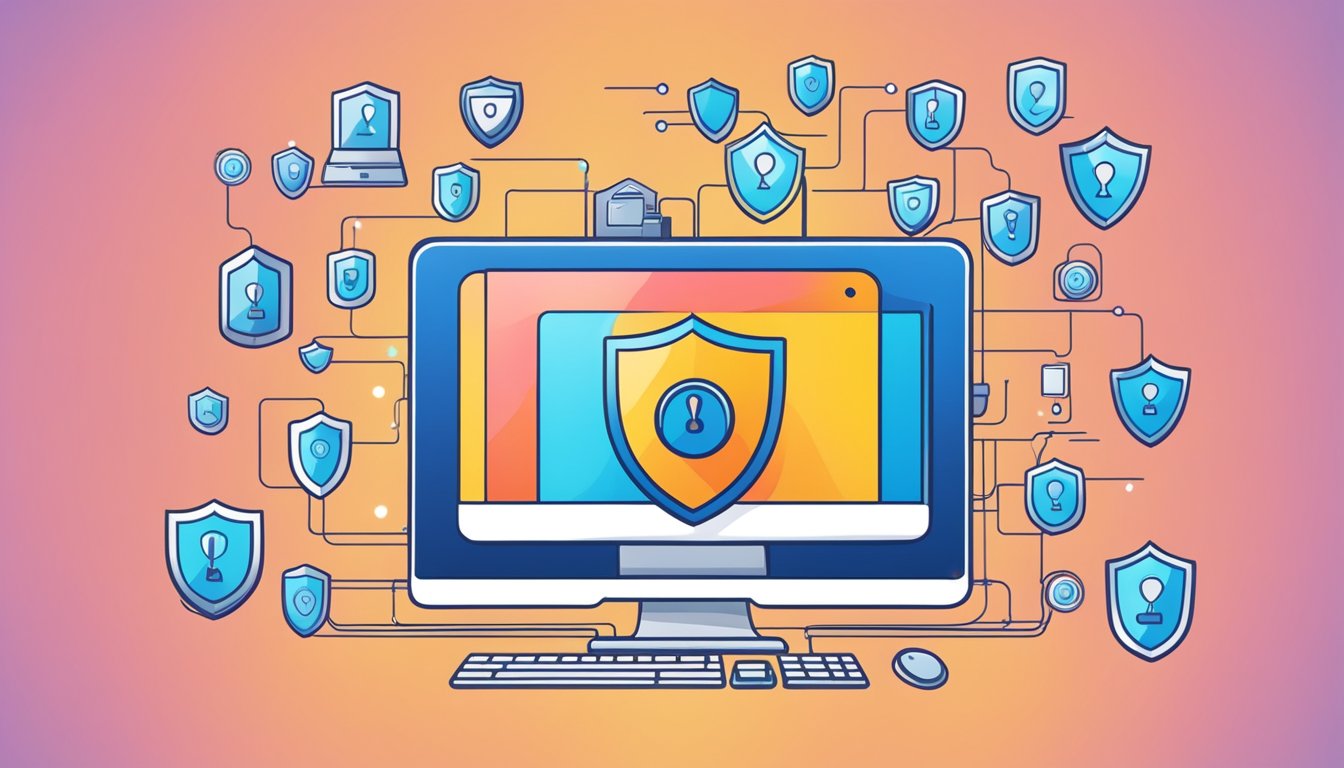
In the digital age, safeguarding your personal information goes beyond simple password protection. You’ll want to arm yourself with advanced strategies that tackle everything from online transactions to dealing with data brokers.
Securing Digital Transactions and Banking
When you’re managing your finances online, strong encryption is your best friend.
Always use trusted payment methods and consider using digital wallets, which add an extra layer of security.
It’s crucial to enable two-factor authentication—where you’ll need a secondary code to access accounts—to fend off unauthorized access.
Keep your device’s firewall active and never ignore those security updates; they’re your digital shield against data breaches.
Backing Up Your Data: Cloud and External Solutions
It’s not just about keeping your info safe; it’s also about making sure you don’t lose it.
Backup your data regularly using cloud storage services with robust security measures. You can also use external drives for local backups.
Just remember, while it’s handy to have everything accessible in the cloud, it’s also a place where data breaches can occur. So, use services that offer encryption and enable multi-factor authentication.
Legally Opting Out from Data Broker Activities
Your data might be sold to data brokers. Data brokers compile info like your social security numbers, addresses, or phone numbers.
Thankfully, you have the right to opt-out. Head to the broker’s website and find their privacy policy for instructions on how to do this.
Protecting your privacy also means being vigilant every time you fill out an online form. Read the fine print to see whether your information might be shared or sold.
